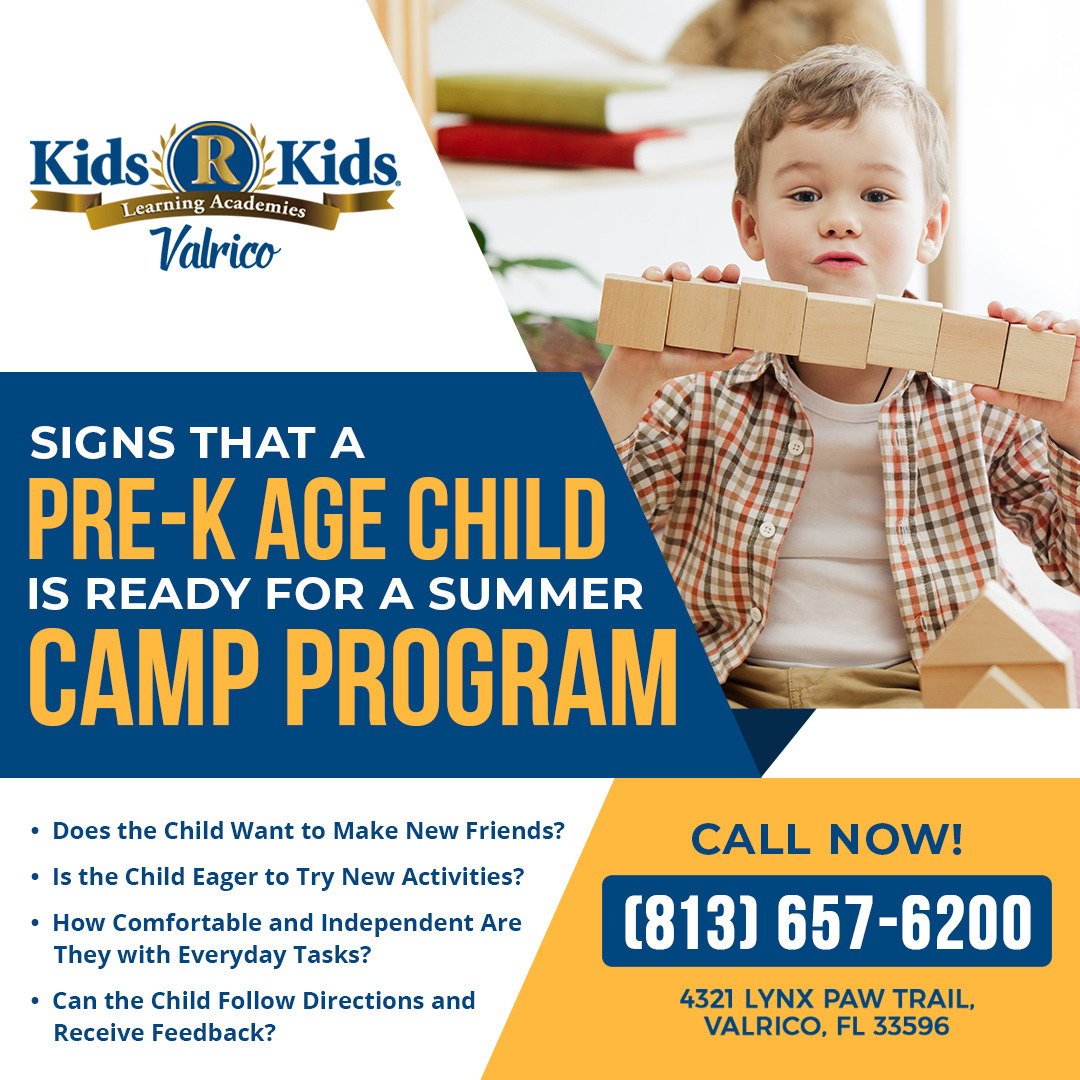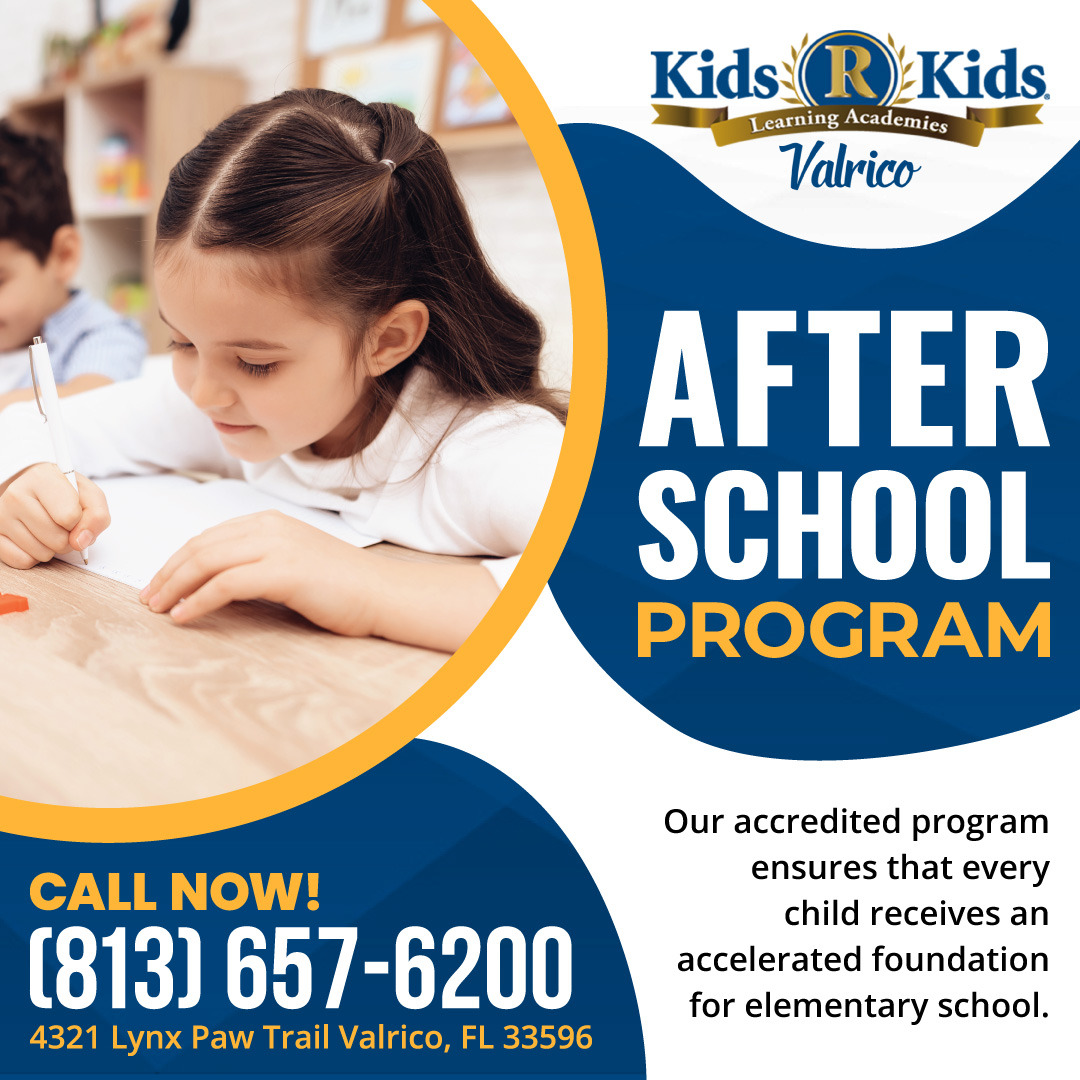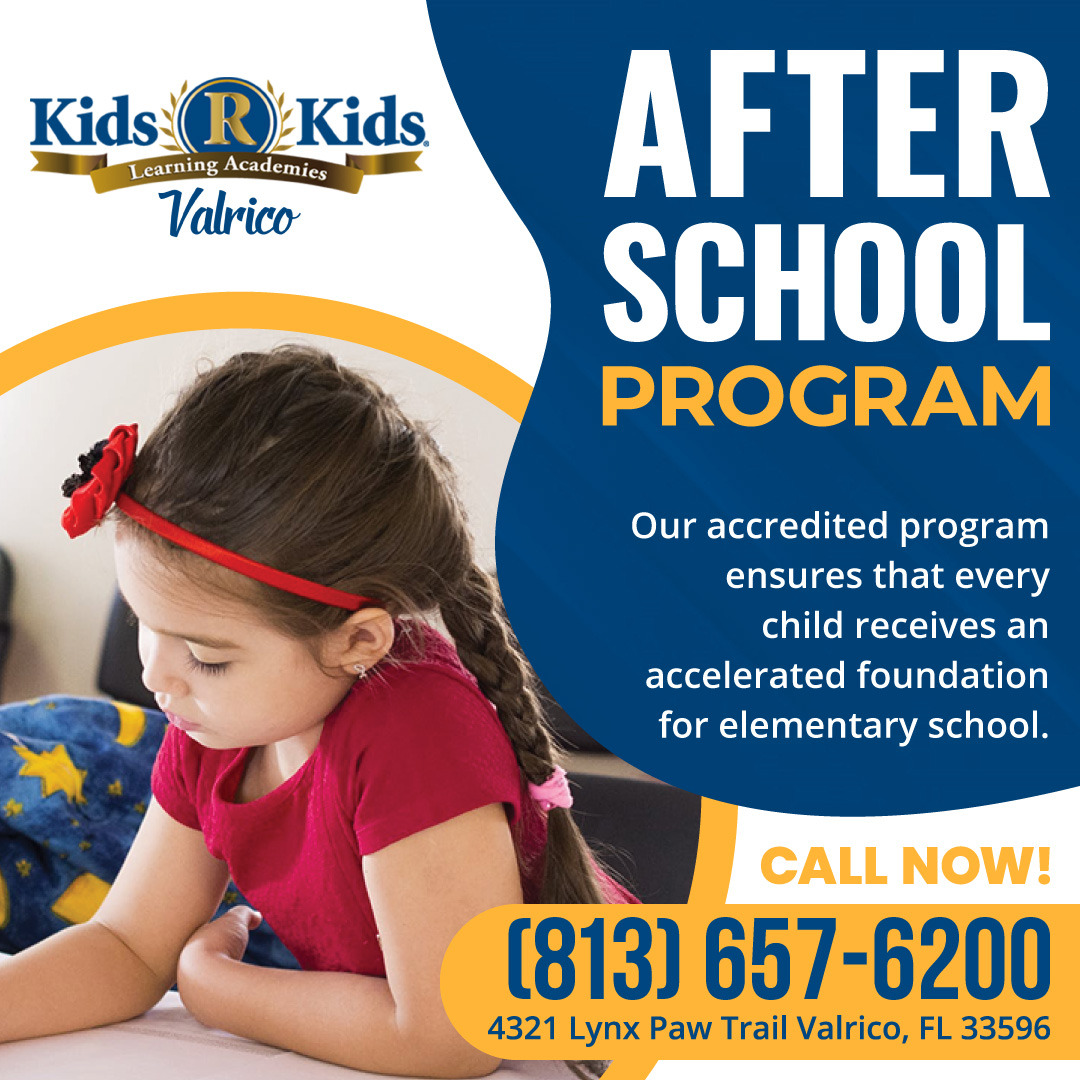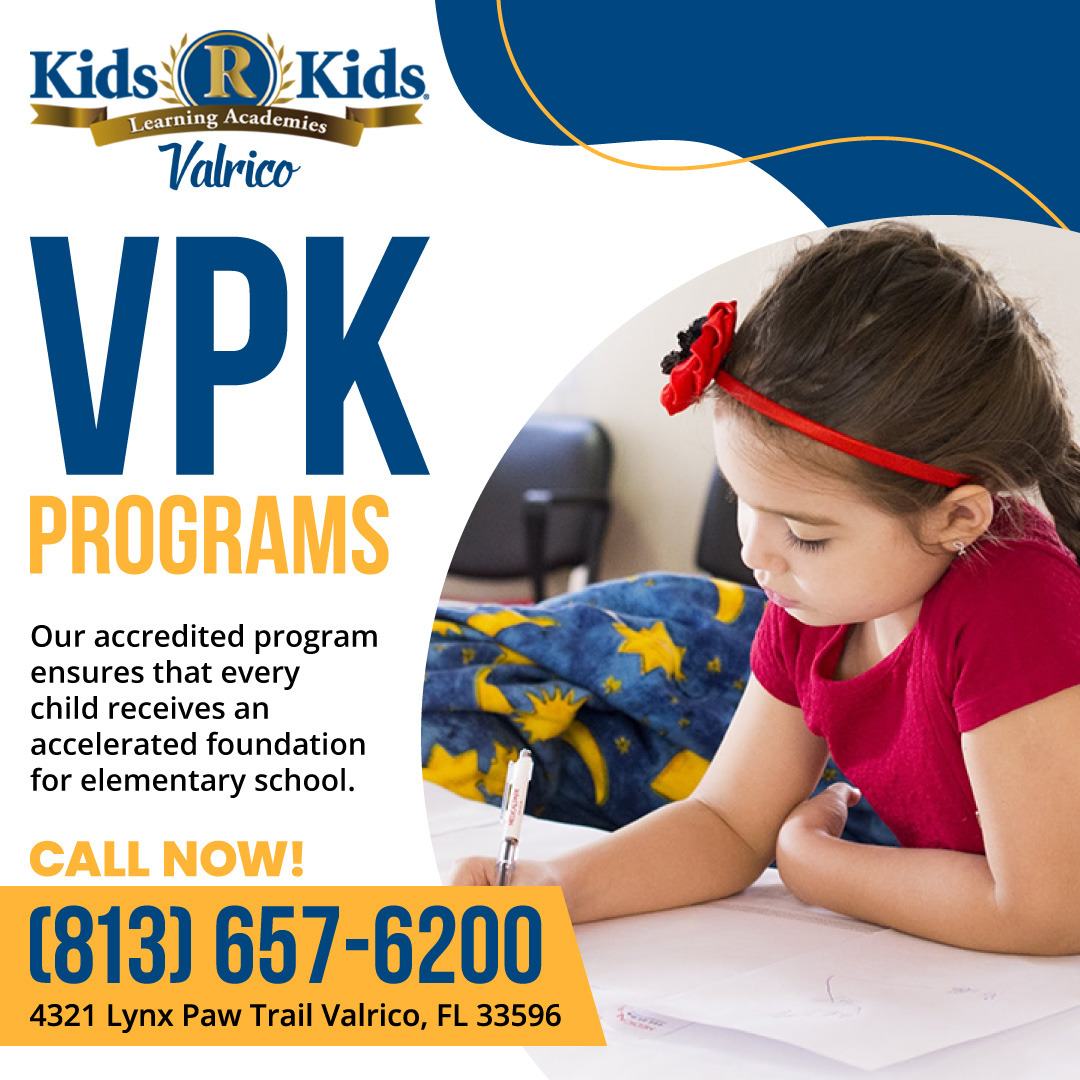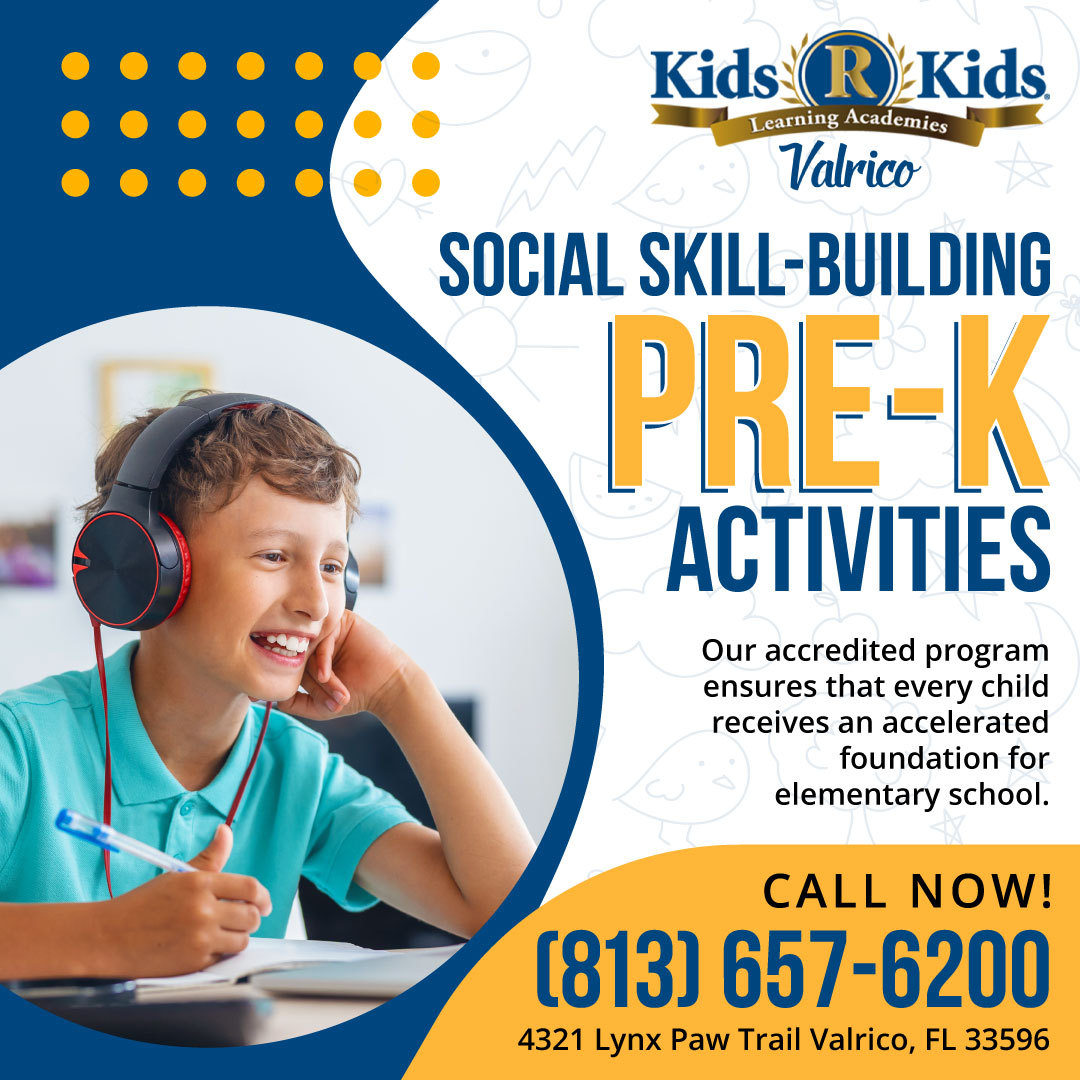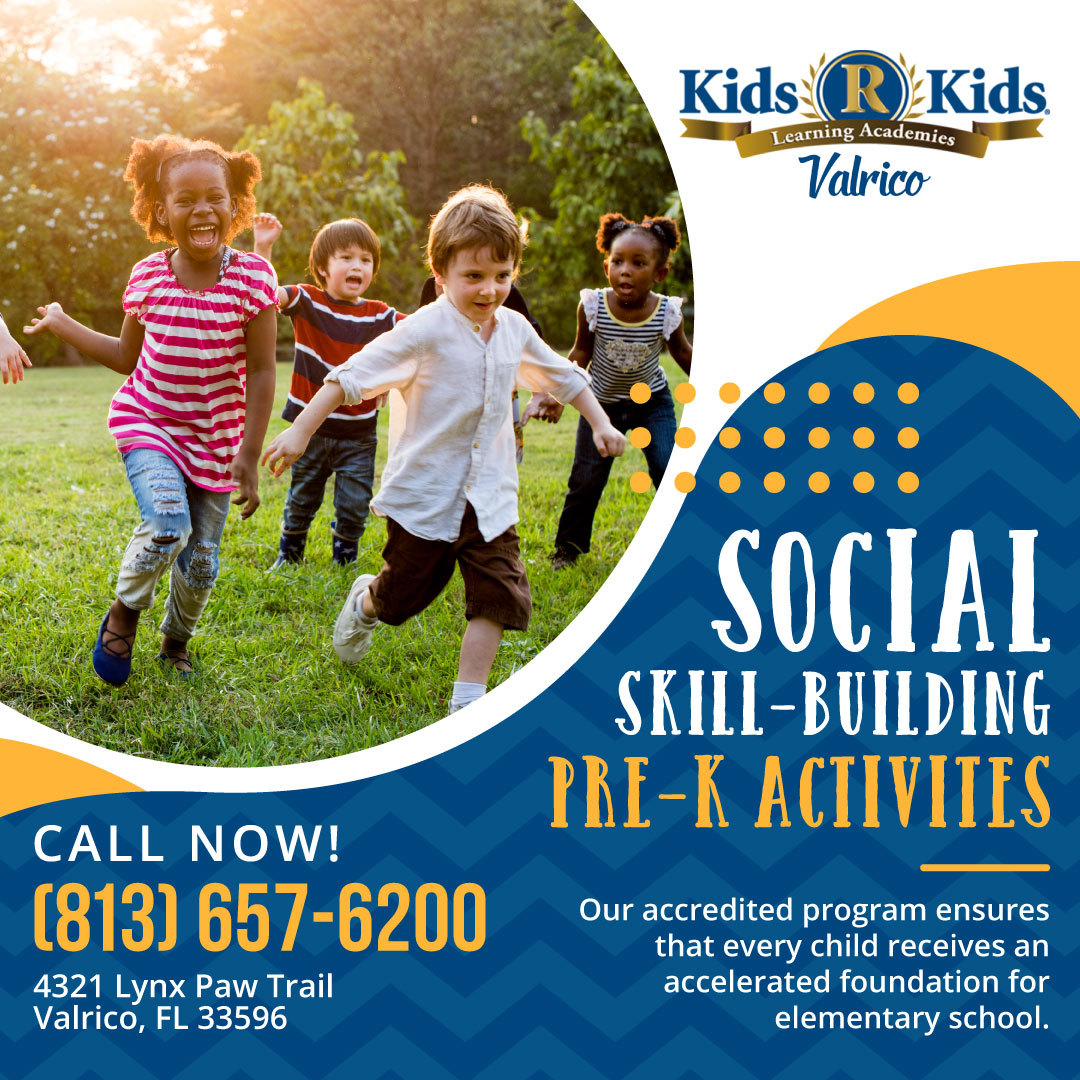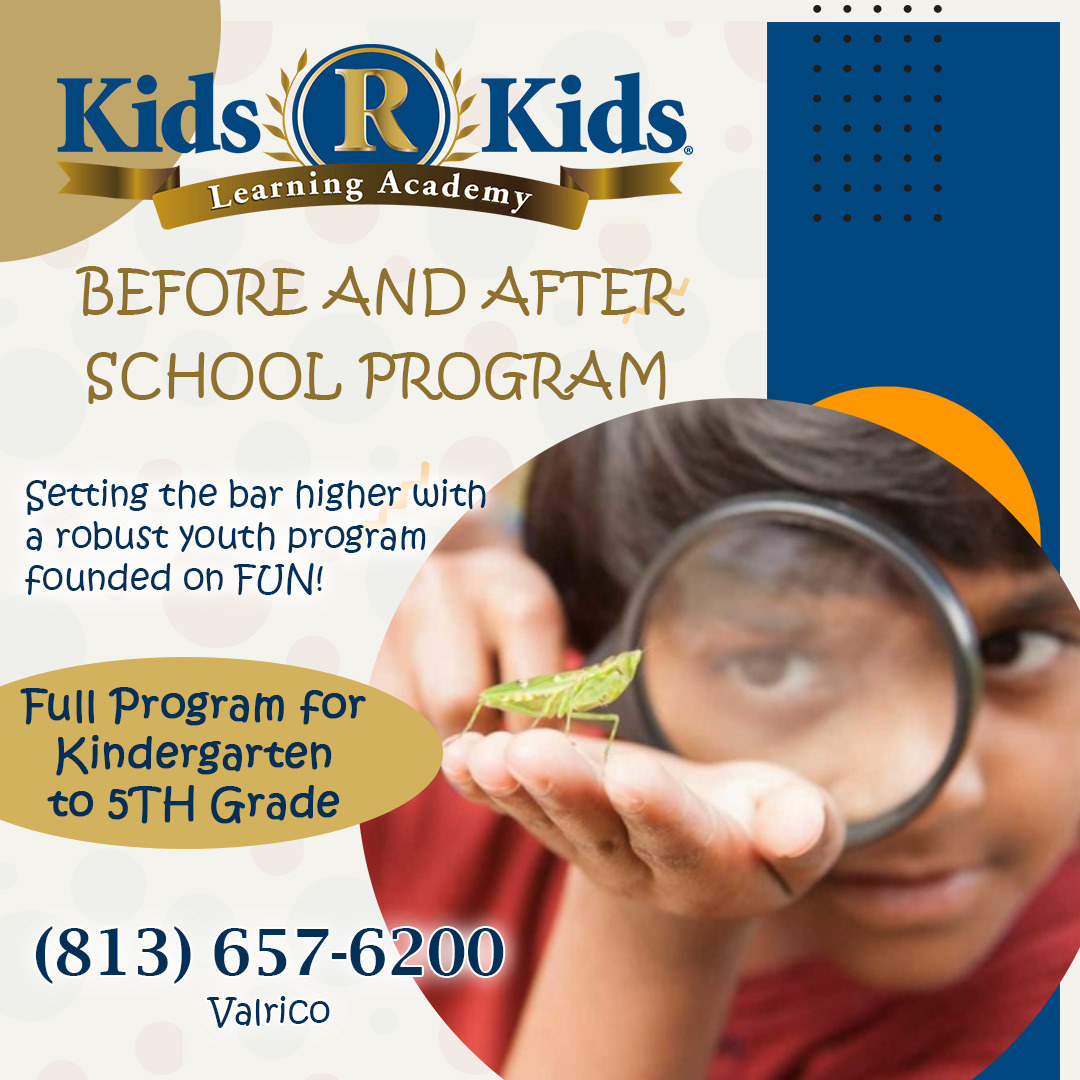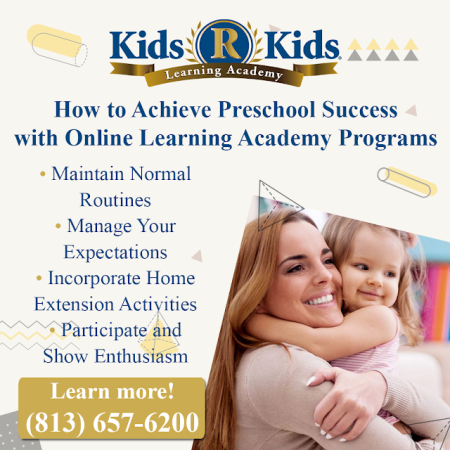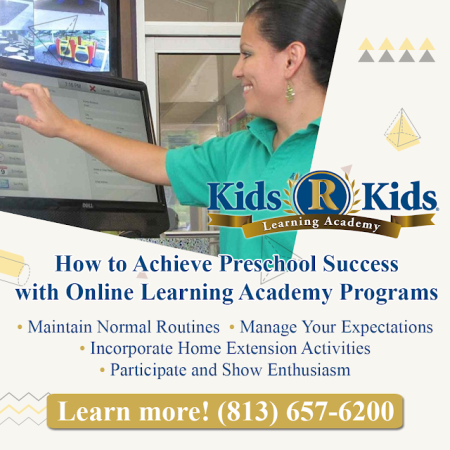Tips to prepare a toddler for preschool
Preschool is an exciting new beginning and a significant milestone in children’s education and development. As children join their peers on this journey of preschool education, they acquire crucial life skills, build their confidence, and become increasingly independent as they progress. The transition may seem difficult but parents can take several steps to prepare their children for preschool, and make this a fun and memorable experience. Kids ‘R’ Kids preschool shares how to make this transition a cakewalk.
-
Check out the preschool
Visiting the chosen preschool and the classroom, and also making an acquaintance with the teacher can calm a few nerves. A few days before joining, parents and children can visit the preschool and discuss the class schedule, what to expect during the day, and any other necessary information. This will make the preschool and classroom less intimidating for the child on the first school day.
-
Read books about school
Books that tell stories of children going to school and online videos that showcase the fun at school can help allay the anxiety of this transition for children. Books such as “Maisy Goes to Preschool” by Lucy Cousins, “Llama Llama Misses Mama” by Anna Dewdney, “Little School” by Beth Norling, or “The Kissing Hand” by Audrey Penn are good bets for this purpose.
-
Pretend play
Make-believe or pretend-play is the fastest way children learn real-life situations. Parents can pretend-play going to school with a bag and a lunch box. They can narrate an imaginary situation where kids are sitting in a circle listening to stories and playing. Roleplaying with puppets and toys is also an effective tool to portray school and its activities. Talk to children about various activities that happen at school such as lunchtime, reading, and playing with new friends.
-
Build self-help skills
Certain skills such as washing hands, using the toilet, putting shoes and socks on, and using utensils at the table can be taught to children at home. These skill-sets offer a sense of independence and confidence that will allow children to adapt swiftly to preschool.
-
Express and acknowledge feelings
Beginning anything new is always fraught with anxiety. Encouraging children to express their feelings and fears helps them work through these emotions. By constantly nurturing them by offering a listening ear and helping them define their feelings can help avoid any regression in other developmental areas as they take the big step towards preschool. Additionally, parents need to acknowledge and work with their feelings about their children stepping out of their comfort zones.
-
Alter the schedule
Way before preschool begins, parents and children should alter their schedules to prepare for the upcoming preschool schedule. Make changes in bedtime or dinner routines slowly or gradually change the routines that may interfere with the upcoming school routine. Children thrive with routine as it helps them anticipate and prepare themselves mentally. So parents must ensure that the transition to the school schedule is as smooth as possible.
Why Kids ‘R’ kids?
The philosophy of “Hug First, Then Teach”, defines every aspect of what Kids ‘R’ Kids, Valrico stands for. Unlike many daycare centers or childcare providers, its methodology is a whole-child approach. It constantly strives to strengthen and encourage every child’s emotional, intellectual, social, and physical well-being through the expertise of its childcare providers and a unique partnership with parents.
Kids ‘R’ Kids International is accredited by AdvancED®, the world’s largest education community, and the Southern Association of Colleges and Schools Council on Accreditation and School Improvement (SACS/CASI). SACS/CASI is an accreditation division of AdvancED®. This accreditation ensures that the high accreditation standards are met and exceeded.
Call today at (813) 657-6200 to learn more about Kids ‘R’ Kids preschool (Kindergarten to Grade 5) or to schedule a visit.
The post Kids ‘R’ Kids preschool at Valrico shares how to prepare toddlers for preschool appeared first on Valrico.
Published First on: Blog – Valrico https://kidsrkids.com/valrico/preschool/kids-r-kids-preschool-at-valrico-shares-how-to-prepare-toddlers-for-preschool/

